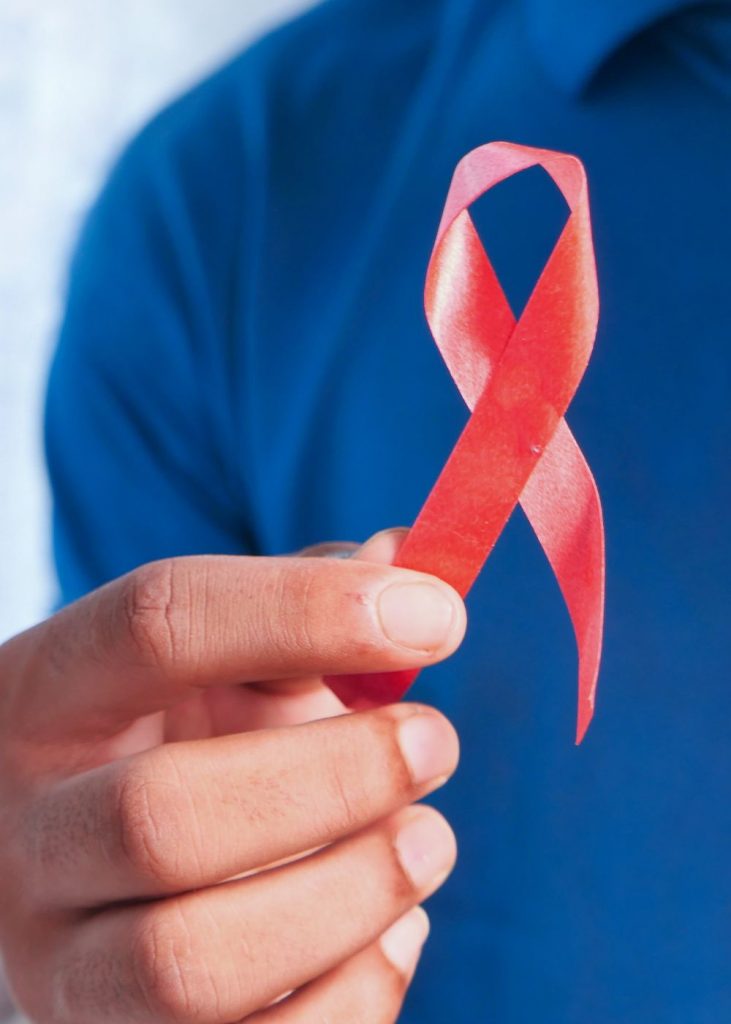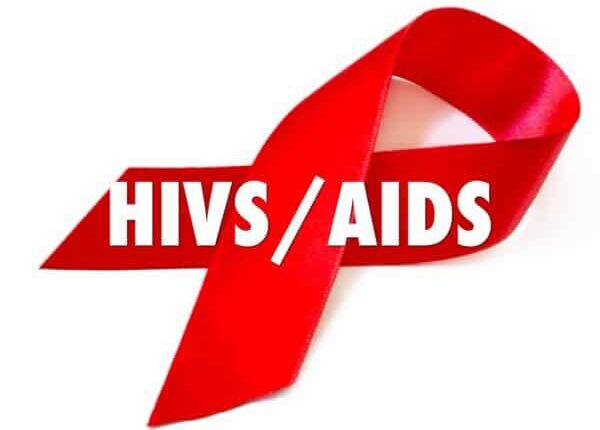HIV is responsible for attacking a specific immunity system of the body. This cell is known as a T-cell or CD4 healer cell. When HIV destroys this cell, your body is unable to fight off other infections and diseases.
Even a common cold can be extremely deadly for your body if you have HIV symptoms and don’t get treatment. This is due to your body’s inability to combat the newer infections.
Apart from attacking and damaging CD4 cells, it also becomes reliant on the cells to multiply. HIV will use a replication machinery system to create new copies of the virus within your body. As a result, the CD4 cells will burst.
When HIV has destroyed all of your CD4 cells, your body will progress to AIDS. However, remember that modern treatment and medical technologies can help people with HIV live longer.
How Does HIV Spread?
HIV can transmit through bodily fluids. Here are some common body fluids that can cause HIV transmission:
- Vaginal fluid
- Blood
- Semen
- Breast milk
Sharing needles and having sex without protection are two of the most common causes of HIV transmission. If you’re getting a tattoo and the artist doesn’t change the needles, you might also get HIV. However, if you’re an HIV-positive person and you achieve viral suppression, you can prevent transmitting the disease to another person through a sexual contract.
HIV can be classified into three stages: acute HIV, chronic HIV, and AIDS. Keep in mind that HIV cannot multiply in your body rapidly. It will take years to affect the immunity system of the person to showcase symptoms of immunity dysfunction as well as other infections.

Even if your body doesn’t showcase symptoms, HIV can still live in your body and can transmit from you to other people. Make sure you receive proper treatment so that you can halt the progression of the virus in your body.
How Acute HIV Can Affect Your Body?
When you get HIV, the acute infection will start immediately. After the contraction of the virus, the signs and symptoms of the acute infection might take weeks to affect your body. The virus will multiply during this time in your body.
The initial stage of HIV is similar to the common flu-like symptoms. Here are some examples of HIV symptoms:
- Headache
- Fever
- Fatigue
- Rash
- Muscle pain
- Swollen lymph nodes
However, the symptoms will depend on the overall condition of the body. As per Healthline, many people experience these symptoms due to the enhancement of HIV copies as well as the spread of infection. This time the number of CD4 cells will decrease rapidly. The immune system will try to raise the number of CD4 cells, but it won’t be able to reach its original height.
Apart from these symptoms, the acute stage is something when people with HIV positive are at their greatest chance of spreading the disease to others. This is because HIV levels become super high during the acute phase. This stage can last between weeks and months.
Conclusion
This is how HIV can affect your body. Make sure you don’t delay the treatment process as it can save your life.
READ NEXT: Jalen Brunson Girlfriend – A Look Into Their Relationship!









